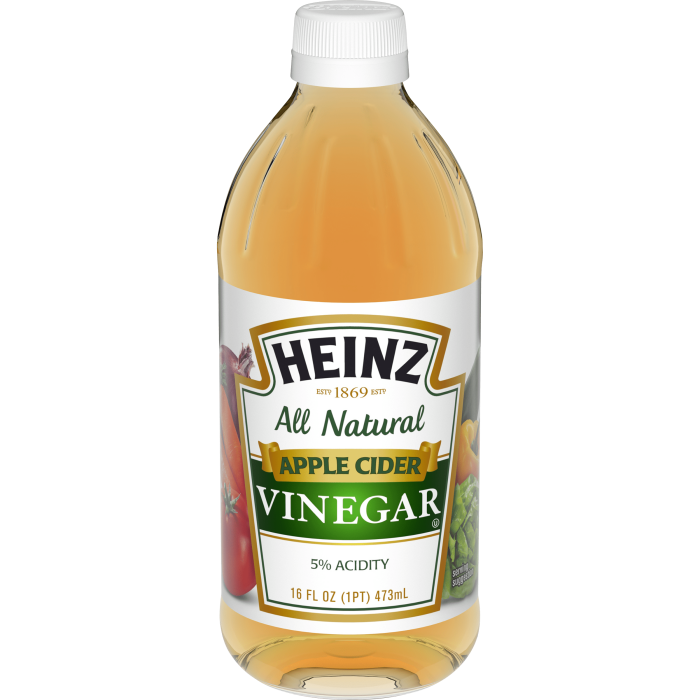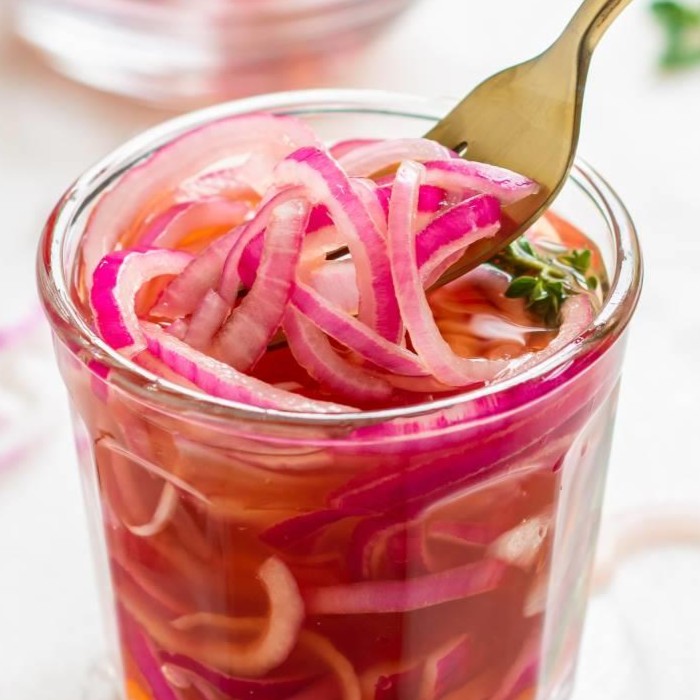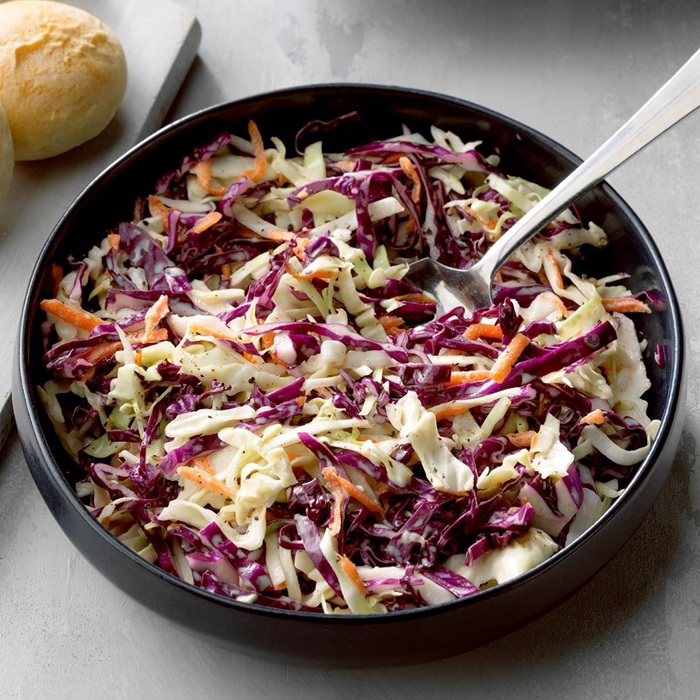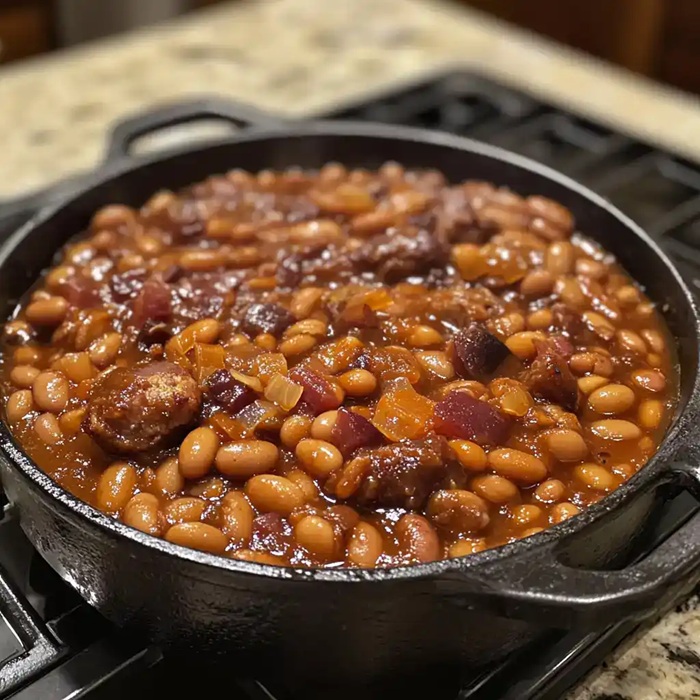Cider Vinegar

|
|
Description
White vinegar is a clear, colorless liquid made from fermented grain alcohol that has a high concentration of acetic acid, making it useful for cooking, pickling, and household cleaning. It is also called distilled vinegar or spirit vinegar and is often used as a substitute for apple cider vinegar in baking when a less potent flavor or lighter color is desired.
Culinary uses
Baking: Used to provide leavening and can be a substitute for apple cider vinegar in baking recipes.
Pickling: Its high acidity makes it ideal for pickling vegetables and other foods.
Marinades and dressings: Can be used as a base for marinades and dressings, though its strong flavor may be too overpowering for some dishes.
Cleaning and other uses
Household cleaner: A popular and inexpensive disinfectant for cleaning surfaces, removing stains, and deodorizing.
Laundry: Can be used as a natural fabric conditioner and stain remover.
Gardening: Can be used to kill weeds.
Coffee makers: Can be used to descale and clean coffee makers.
Differences from apple cider vinegar
Origin: Apple cider vinegar is made from fermented apples, while white vinegar is made from a variety of grains, such as corn, or other ingredients like potatoes.
Flavor and color: White vinegar is clear and has a sharp, tart flavor, while apple cider vinegar is brown and has a more fruity flavor.
Composition: Apple cider vinegar contains a small amount of potassium, but both types have a similar acetic acid level and are acidic and should be used with care.


